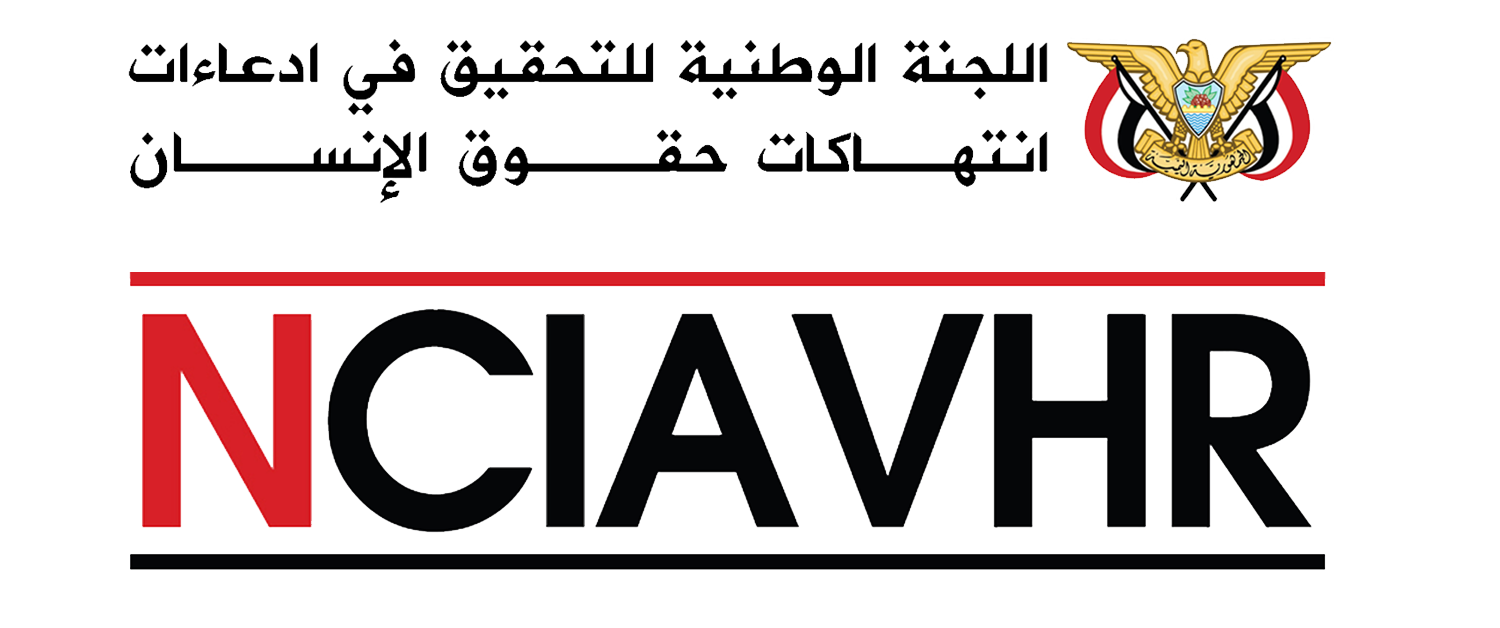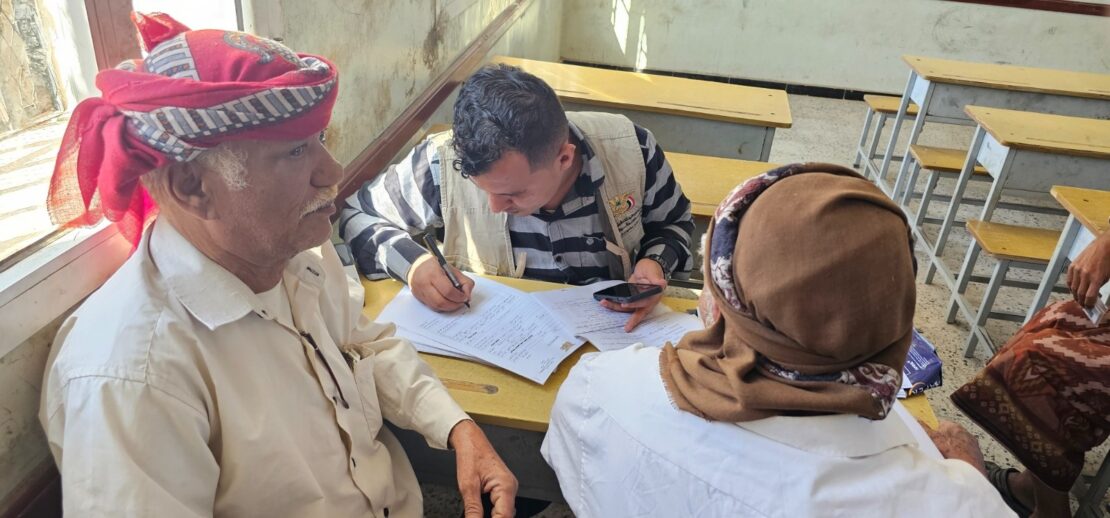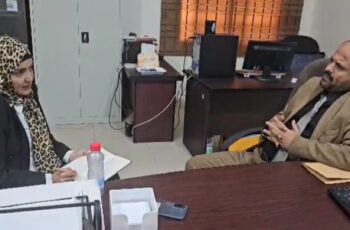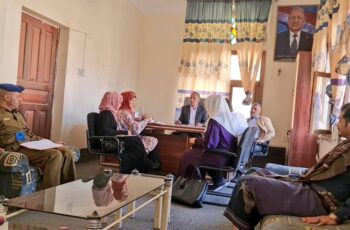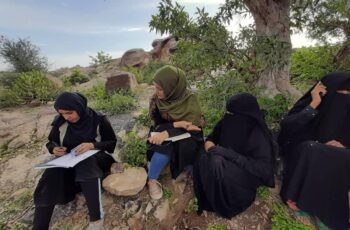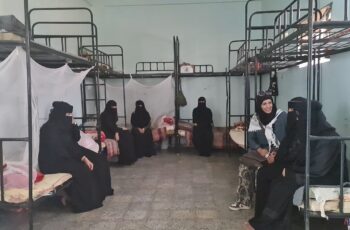NCIAVHR Conducts Extensive Field Visit to Villages in Haifan District, Taiz, Documenting (340) Violations
Taiz | Haifan | February 25, 2025
The National Commission to Investigate Alleged Violations of Human Rights (NCIAVHR) has completed an intensive four-day field visit to the villages and sub-districts of Haifan, located in the southern part of Taiz governorate, central Yemen.
This visit represents the Commission’s first on-the-ground investigation and documentation of human rights violations in the district. The Commission’s teams conducted site visits in areas such as Al-Aboos, Al-Athawer, and Al-Mafalis, where they inspected and assessed damage to both private and public civilian properties caused by indiscriminate shelling in villages including Al-Dhabab, Al-Hujma, Al-Subd, Al-Kariha, Al-Shajeefa, Al-Udheer, Al-Mashawaz, and Tabayneh.
Led by Commission Member Judge Ishraq Al-Maqtari, the field team documented (340) violations that are all linked to international humanitarian law. These violations resulted in numerous casualties, including both deaths and injuries.
During the mission, the team held separate listening sessions with (1,020) victims, informants, and eyewitnesses, recording their testimonies as well as complaints and demands from victims and their families. They also examined the effects of shelling, sniping, and landmine use on the lives and safety of civilians.
The investigation revealed that the majority of victims were women and children, many of whom continue to bear physical and psychological scars from these violations. The injuries include amputations, deformities, fractures, and in some cases, loss of mobility and vision.
The Commission concluded that the widespread destruction and suffering observed in the region reflect blatant violations of civilians’ rights to protection and safety as stipulated under international humanitarian law.
As part of its documentation process, the Commission collected evidence, including remnants of explosive projectiles that targeted main roads, public water tanks, and three schools in the area: 30 November School, Khalid bin Al-Walid School, and Omar bin Al-Khattab School.
The Commission assessed the extensive damage caused by artillery shelling, which particularly affected educational institutions. Notably, Khalid bin Al-Walid School, which previously served (518) primary school students, has been non-operational for two years, leading to widespread school dropouts.
Additionally, the team spoke with numerous victims of forced displacement, who were compelled to flee their homes under armed threat, resulting in their living conditions becoming harsh and inhumane—often in the open or in mountainous areas.
The Commission gathered material evidence, including photos, videos, and reports, and conducted individual and group interviews with landmine victims. It was reported that many landmines were planted near water wells and firewood collection sites, exacerbating the humanitarian crisis.
The investigation also documented material losses, destruction of civilian properties, and various forms of persecution and collective punishment inflicted on residents of Al-Aboos, Al-Athawer, and Al-Mafalis in the mountainous district of Haifan.
As the Commission continues its efforts to document and investigate human rights violations, it calls on international and local humanitarian organizations to provide urgent assistance to the hundreds of affected civilians in these villages, who have been deprived of basic civil, social, and economic rights, including healthcare and humanitarian aid. The Commission emphasized the dire conditions faced by the affected communities, who continue to endure violence, threats to their safety, and severe physical, psychological, and mental distress.
The field investigation was carried out by the Commission researchers Maher Al-Absi, Nour Al-Din Al-Mansouri, and Ghaleb Al-Qudaimi.
